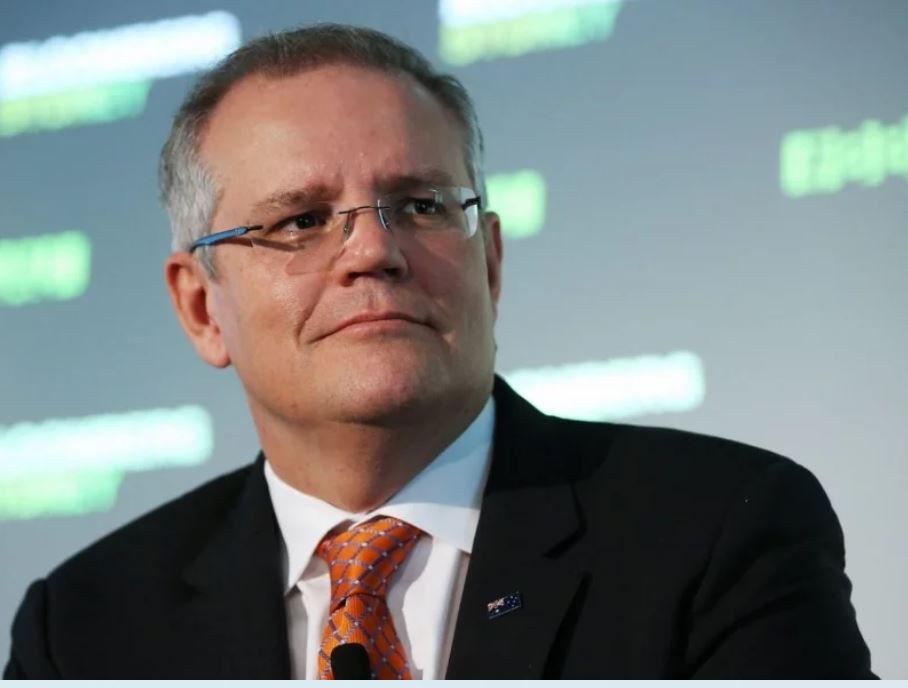The federal government has failed to pass its controversial anti-trolling bill before the upcoming election, despite the Prime Minister saying it would be “dealt with” in February.
The Social Media (Anti-Trolling) Bill, which provides a “new novel framework to allow Australians to respond to defamatory content posted on social media”, will now lapse following the May federal election.
The bill was brought for debate in the lower house by the government on Thursday, after the Senate had risen for the final time before the election, meaning it is cannot be passed.
Prime Minister Scott Morrison had earlier said that the bill would be “dealt” with in Parliament in February, but this did not happen.

Shadow Attorney-General Mark Dreyfus questioned whether the Coalition ever intended for the bill to actually pass Parliament in this term.
“This is yet another example in a shamefully long list of self-promoting marketing announcements by this government followed by utter failure when it comes to delivering,” Mr Dreyfus said in Parliament on Thursday.
“The government has chosen to finally get around to debating this bill in this place only after the Senate has risen, in full knowledge that this bill cannot be law in this Parliament. This shows the government was never serious about dealing with the two important issues it claimed to be dealing with.”
The bill would have required “significant amendments”, Mr Dreyfus said.
“If this government had any real intention of passing this bill through this Parliament we would be moving the necessary amendments through the Senate before passing it into law. It was never the government’s intention to pass this bill,” he said.
The bill had attracted significant criticism from a range of sources over its title, that it is solely about defamation rather than online safety, and over a range of potential unintended consequences.
Despite its title, Department officials have said that the bill is solely about defamation reform rather than addressing trolls.
This is in contrast to Mr Morrison’s comments around the bill. When unveiling it late last year, the Prime Minister said it was about protecting young Australians by “unmasking the trolls”, while Attorney-General Michaelia Cash said it was to “protect Australians, in particular young Australians, online”.
The bill would have enabled those who believe they have been defamed online to apply to identify the anonymous posters of this material and aim to reverse the High Court’s Voller defamation ruling.
Under the reforms, a person who administers or maintains a social media page would not have been deemed a publisher of third party material, making them immune from liability, and would have given social media companies immunity from liability if they have an adequate complaints scheme in place.
A number of Australia’s most esteemed defamation lawyers told a Senate inquiry into the bill that it has “significant defects” and may actually leave victims of online abuse without any recourse.
The Law Council of Australia also said the bill would do nothing to address trolling on social media, while the eSafety Commissioner said it conflates several different issues, has stirred confusion and oversimplifies important issues.
The Senate committee tabled its report into the bill last week, with three recommendations for amendments to it.
Do you know more? Contact James Riley via Email.

